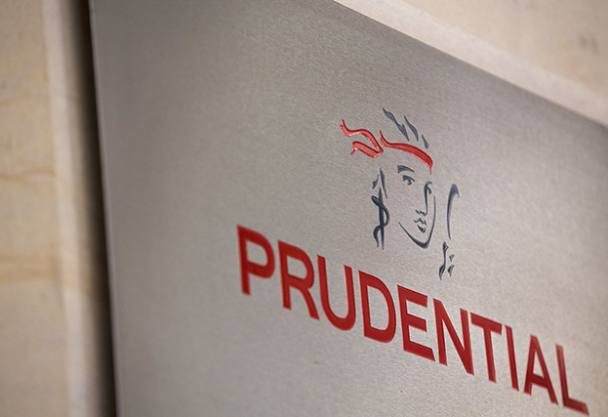- FTSE 100 insurer hits US spin-off roadblock
- Cementing the pivot to Asia requires up to $3bn in fresh equity
Investor hopes that Prudential’s (PRU) spinoff of its US arm might lead to a short-term windfall this year have been dealt a blow, after the insurer scrapped plans for a minority IPO, dashed hopes of a pre-split dividend and warned that funding costs associated with a demerger could require an equity raise of between $2.5bn and $3bn (£1.8bn-£2.2bn).
Last August, six months after activist investor Third Point pressed for a break-up of the 173-year-old group, Prudential outlined plans to list US subsidiary Jackson and gradually sell-down its stake to fund its fast-growing Asian operations. A $500m equity investment from Athene, which also reinsured the subsidiary’s in-force fixed and fixed indexed annuity portfolio, raised hopes that investors would buy into a standalone US life insurer.
That share sale has now been abandoned, after management concluded that a full demerger – in which Prudential investors will each be handed shares in a US-listed Jackson – would lead to “significantly earlier separation” of the two entities.
The market duly inferred that interest for a standalone life insurer had ultimately proved a disappointment, despite a feverish backdrop for US equities.
Compounding investor concern is the possibility of a shareholder base left with unwanted shares in a slower-growing division trading on a foreign exchange. Worse, Prudential has revised its hedging model for Jackson’s reserves and now needs to boost its risk-based capital ratio from 340 to 355 per cent, to 425 to 450 per cent.
As a result, investors can forget a pre-separation dividend from Jackson to the parent company, as previously happened when Prudential demerged its operations from UK-focused asset manager M&G (MNG) at the end of 2019. Even in that case, a sizeable stock overhang was a feature of early trading in M&G shares.
“The fact that a minority IPO has been ruled out indicates the low multiples management believes it could achieve,” said RBC Capital Markets in a note to clients. “A demerger means that some UK based shareholders will be forced to sell the shares they are given in Jackson.”
The job of self-funding the separation has created other complications. Without a payday from Jackson’s listing, management now plans to issue up to $3bn in fresh equity to broaden the group’s investor base in Asia. The offer – likely to take place after the second quarter demerger – would be one of the largest ever share sales should it take place in London, though Hong Kong or both exchanges together have also been mooted as venues.
The proceeds will be used to redeem high-coupon debt and reduce the company’s pro-forma leverage from the “low 30s in percentage terms” to around 20 to 25 per cent.
This, management claims, will allow Prudential to capitalise on growth opportunities in Asia and Africa, long the jewels in the investment case. For the past decade, PruAsia’s return on equity has consistently surpassed 25 per cent, thanks to well-developed distribution channels and strong demand for life insurance products from an increasingly wealthy and large Asian middle class.
As such, any equity placing is likely to attract plenty of support, though this is now likely to be at a significantly lower price following the raft of bad news, which now suddenly includes doubts in the historic rigour of Jackson’s capital calculation.
“Under-reserving in any insurance company is never a positive,” added RBC. “When the macro changes then this is understandable but this appears to be an issue with modelling. It also reduces confidence in the reserves.”
Nor is the episode a particularly good look for Third Point, which has pressed Prudential to “work with urgency” to separate from Jackson. The activist’s contention – that the UK firm’s shares can “double within two years” – was set back by this news, which knocked a tenth off the insurer’s market value. Third Point did not immediately respond to a request for comment.
All of which suggests that unlocking the so-called 'conglomerate discount' will prove much harder than initially anticipated, even if the ultimate prize remains compelling with the shares at 1,188p – or less than ten times’ this year’s forecast profits. Long-term buy.
Last IC View: Buy, 1,247p, 18 Jun 2020










